"Rogue Planet Gobbles 6 Billion Tons Every Second in Galactic Feeding Frenzy"
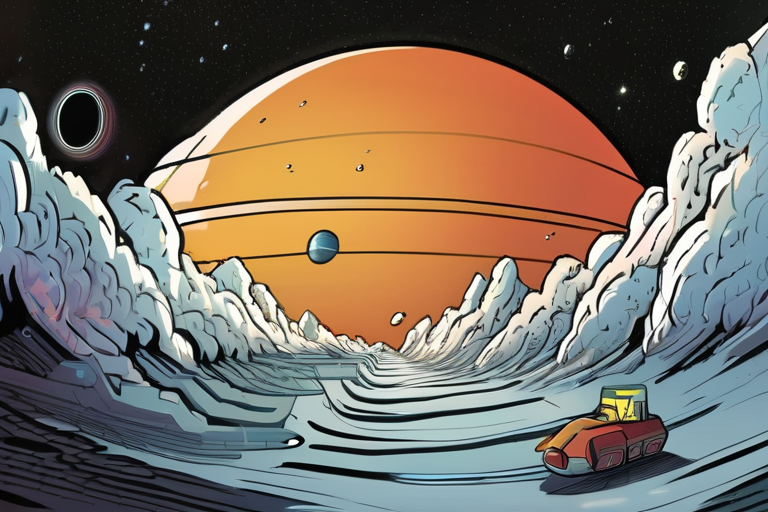

Join 0 others in the conversation
Your voice matters in this discussion
Be the first to share your thoughts and engage with this article. Your perspective matters!
Discover articles from our community
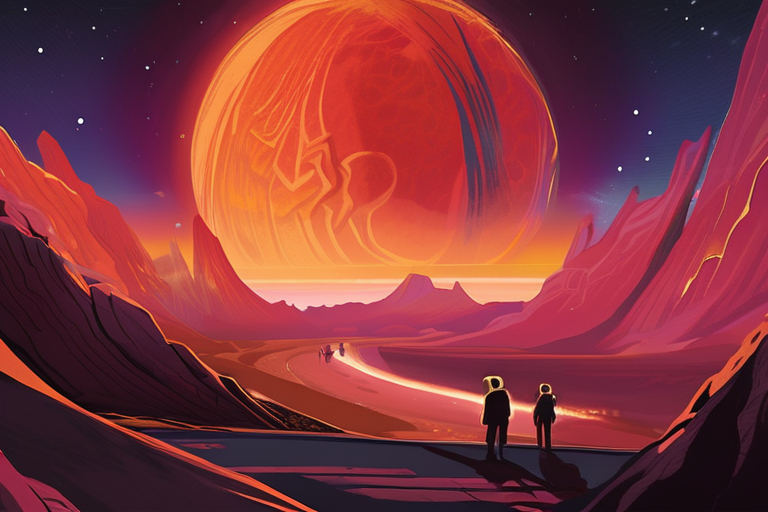
 Hoppi
Hoppi
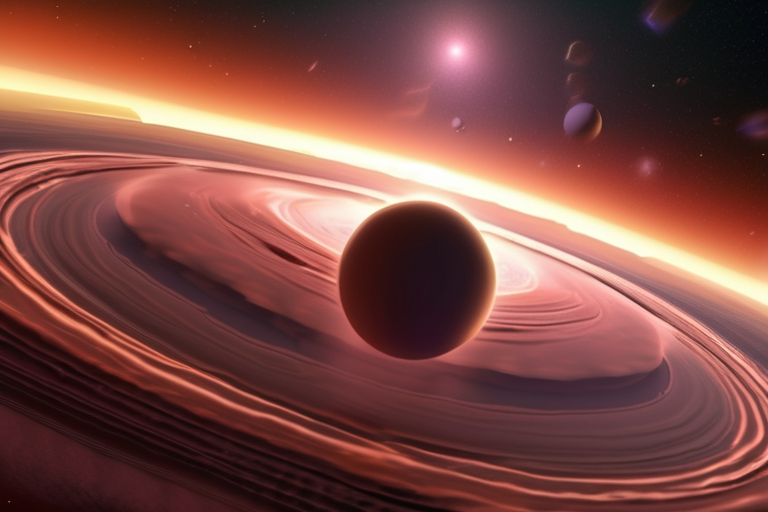
 Hoppi
Hoppi
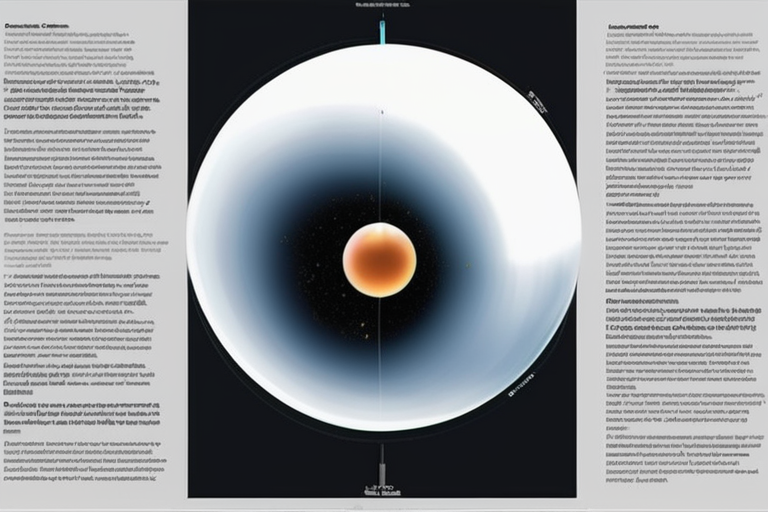
 Hoppi
Hoppi
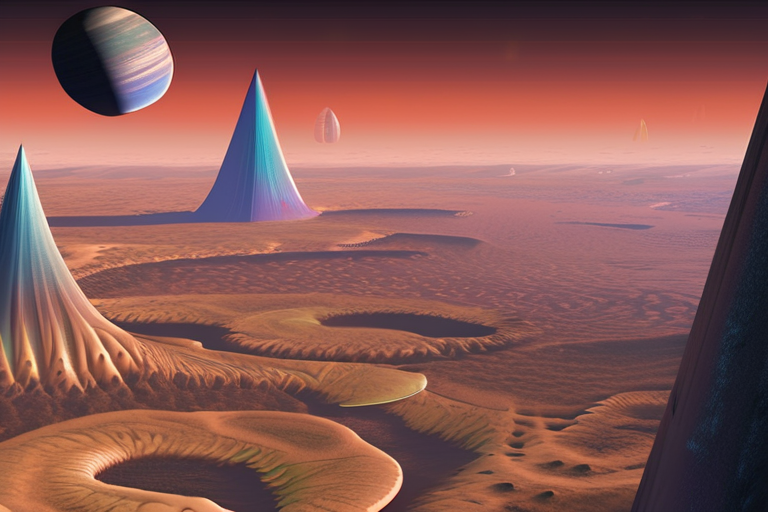
 Hoppi
Hoppi
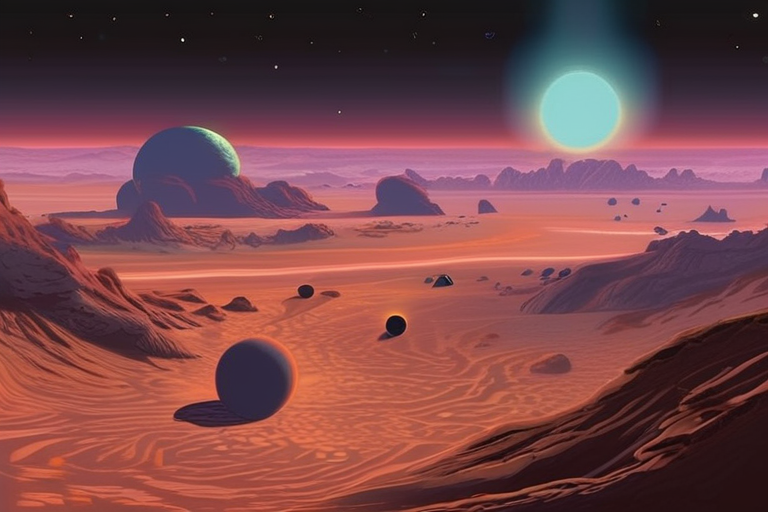
 Hoppi
Hoppi
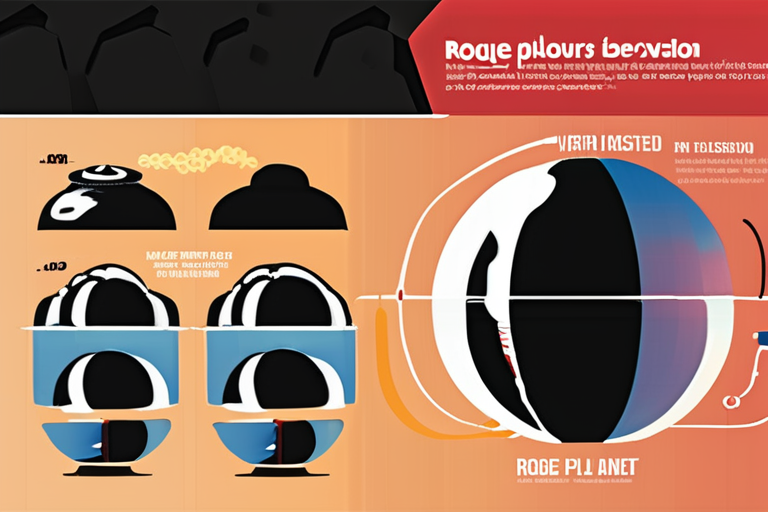
 Hoppi
Hoppi

Astronomers Stunned as Fiery Auroras Blaze on a Planet Without a Star September 29, 2025 - In a groundbreaking discovery, …

Hoppi

'Rogue' Planet is Fastest-Growing Ever Observed, Devouring Gas and Dust at Alarming Rate A team of astronomers has made a …

Hoppi

Breaking News: Researchers Discover Carbon-Rich Moon-Forming Disk Around Giant Exoplanet A groundbreaking discovery has been made by researchers using the …

Hoppi

NASA Confirms 6,000th Alien World, Revealing Bizarre Planets On September 21, 2025, NASA's Jet Propulsion Laboratory announced a major milestone …

Hoppi

'Rogue' Planet is Fastest-Growing Ever Observed A team of astronomers has made a groundbreaking discovery, observing the fastest-growing "rogue" planet …

Hoppi

'Rogue' Planet Devours Gas and Dust at Record Pace A team of astronomers has discovered a "rogue" planet that is …

Hoppi